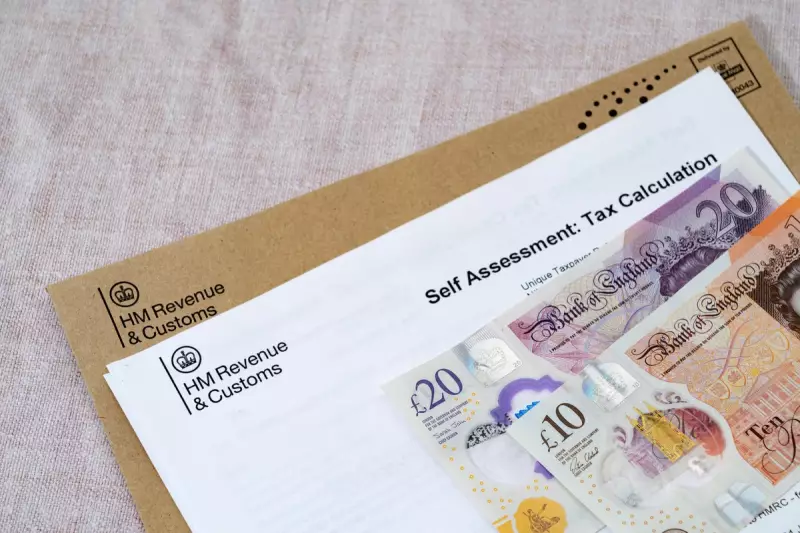
Freshly leaked official forecasts paint a challenging economic picture for the United Kingdom, predicting a prolonged period of higher inflation and a record-breaking tax burden for the years ahead.
Revised Economic Projections
According to the leaked figures from the Office for Budget Responsibility (OBR), the UK's economic outlook has darkened for the medium term. While the growth forecast for 2025 has been upgraded to 1.5 per cent from a previous estimate of 1 per cent, the subsequent years look less promising.
The OBR anticipates a significant slowdown in 2026, with growth projected at just 1.4 per cent, a sharp reduction from the earlier 1.9 per cent projection. This weaker economic growth is expected to persist until the end of the current Labour government's term.
Inflation and Tax Concerns
Households are set to feel continued financial pressure from rising prices. The OBR has revised its inflation predictions upwards to 3.5 per cent for 2024, an increase from the 3.2 per cent previously forecast.
For 2025, inflation is now expected to be 2.5 per cent, up from 2.1 per cent. Despite these increases, the independent fiscal watchdog still believes inflation will return to the Bank of England's 2 per cent target by 2027.
Perhaps the most striking revelation is the projection for the UK's tax burden. The OBR highlighted that the tax-to-GDP ratio is set to reach a record high of 38.3 per cent by 2030-31, signalling an unprecedented level of taxation for the country.
Political and Economic Fallout
The leak, which occurred on Wednesday 26 November 2025, has prompted a strong reaction from Chancellor Rachel Reeves, who described the situation as 'deeply disappointing'.
These forecasts present a significant challenge for the government's economic strategy, indicating that the UK faces a tougher fiscal environment than previously thought, with citizens contending with both higher living costs and a greater tax load.





